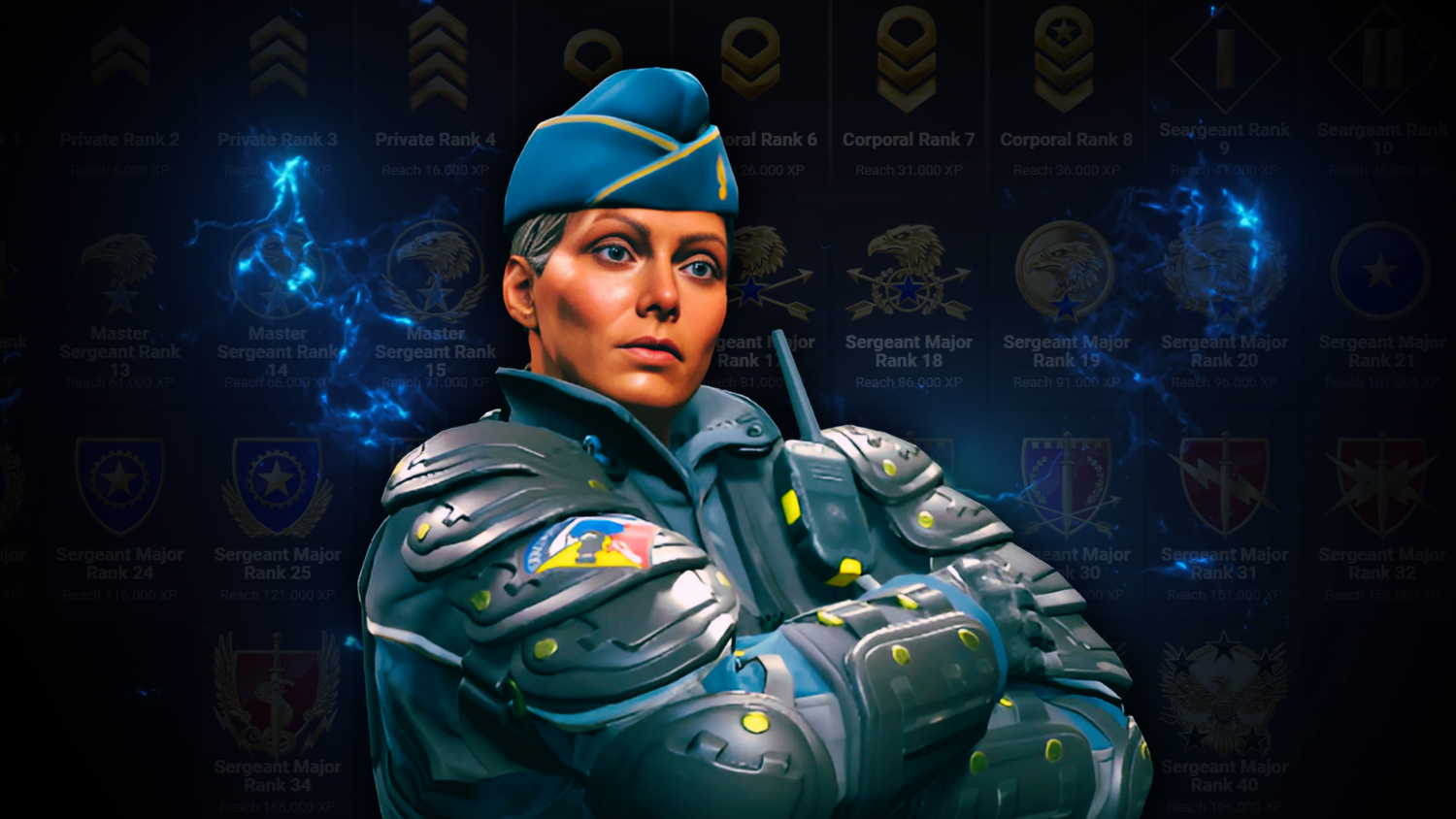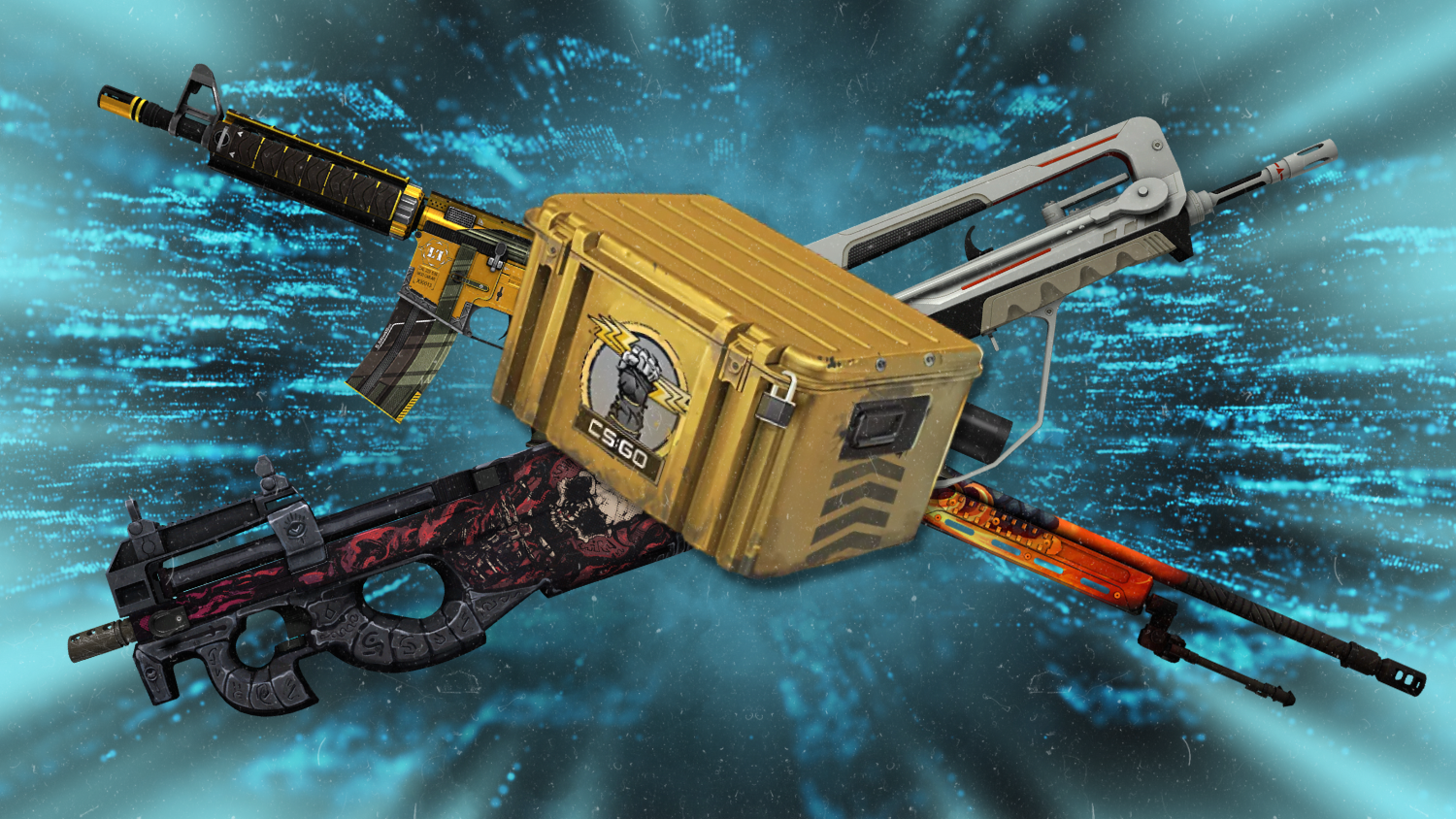How the CS2 Ranking System Works: A Player’s Roadmap to Success

Every journey begins with a clear goal, and climbing the CS2 ranking system is no different. Players must first assess their current skill level, strengths, and weaknesses before setting realistic milestones. Instead of focusing solely on achieving the highest rank, players should aim for steady improvement in specific areas such as map knowledge, utility usage, and positioning. This structured approach helps create a roadmap that prioritizes skill development over short-term outcomes.
The ranking system recognizes consistency and dedication Players should set aside time for regular practice sessions, focusing on both individual mechanics and team-based strategies. Reviewing match replays, analyzing mistakes, and learning from experienced players can significantly accelerate progress. By breaking down long-term goals into smaller, manageable tasks, players can maintain motivation and track their improvement over time.
Key Skills for Rank Progression
Technical proficiency forms the foundation of success in CS2, but true mastery goes beyond precise aim. Players need sharp game instincts — anticipating enemy actions, staying composed under pressure, and holding strategic areas. These skills cannot be acquired overnight but are instead cultivated through experience, observation, and reflection.
Teamwork remains one of the most underrated aspects of progression in the CS2 ranking system. Effective communication, shared responsibility, and strategic synergy with teammates are often the deciding factors in close matches. Players who actively contribute to team success by providing accurate callouts, coordinating strategies, and staying calm during high-pressure moments will find themselves advancing more steadily through the ranks.
Adapting to Challenges and Overcoming Plateaus
Progressing through the CS2 ranking system is rarely a linear journey. Players often encounter plateaus where their rank seems to stagnate despite consistent effort. These periods can be frustrating, but they are also opportunities for reflection and growth. Identifying specific areas of weakness, such as poor positioning or inefficient utility usage, can help players overcome these barriers.
Adaptability is another crucial skill for long-term success. Every match brings its own set of challenges — from new rival strategies to shifting team chemistry. Players who can adjust their strategies on the fly, switch roles when needed, and remain flexible in their approach will have a significant advantage. The ability to stay focused and resilient during losing streaks is often what separates average players from those who consistently climb the ranking ladder.
Maintaining a Growth Mindset for Long-Term Success
The psychological aspect of competitive gaming is often overlooked, but it plays a crucial role in navigating the CS2 ranking system. A growth mindset—where players view challenges as opportunities to learn rather than obstacles to success—can drastically improve both performance and overall enjoyment of the game. Frustration and negative emotions are natural during setbacks, but players who can reframe losses as lessons are far more likely to recover and improve.
Success in the CS2 ranking system isn’t defined by short bursts of exceptional performance but by sustained improvement over time. Players should focus on progress rather than perfection, celebrating small victories along the way. Whether aiming for higher ranks or simply personal development, embracing a growth-oriented mindset ensures that every match contributes to long-term success.

